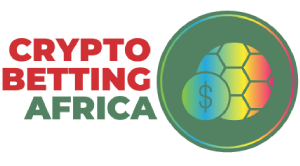Dive into the fascinating world of NFT verification in our latest blog post. Whether you’re a seasoned trader or just starting out, ‘Trusting the Chain’ is your ultimate guide to understanding blockchain’s reliability and safeguarding your precious digital assets. Let’s explore the complexities of NFT verification together!
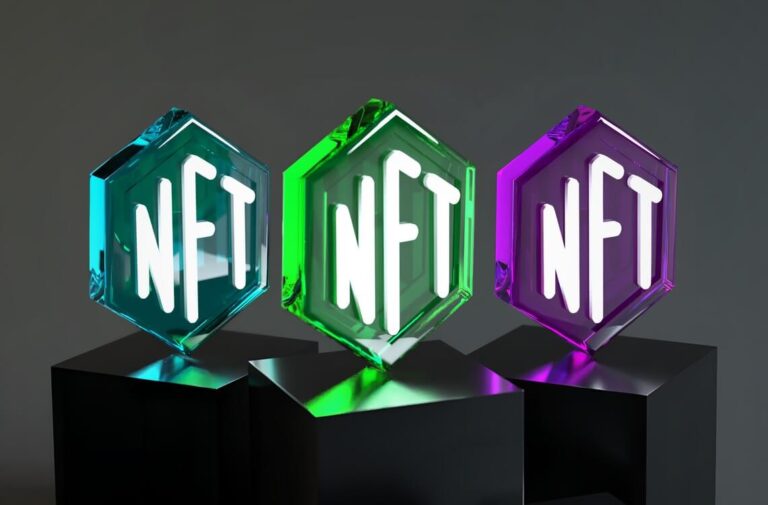
The availability of digital assets and transactions has dramatically increased over the past few years, and at the forefront of this digital revolution is blockchain technology. Think of blockchain as a digital ledger of transactions that is duplicated and distributed across the entire network of computer systems. These digital transactions, once recorded, cannot be altered retroactively without the alteration of all subsequent blocks. This makes blockchain a robust medium where transparency and incorruptibility are key.
Now, let’s delve into an exciting offshoot of blockchain – Non-Fungible Tokens (NFTs). Unlike cryptocurrencies like Bitcoin that are fungible and can be exchanged on a like-for-like basis, NFTs are unique. Each NFT has distinct information or attributes that make them irreplaceable with another NFT. They represent ownership of a unique item or piece of content, such as artwork, music, or virtual real estates.
Given the uniqueness and value of the assets that NFTs represent, the verification of NFTs is crucial. Verification ascertains the authenticity of an NFT, proving that it is not a fraudulent duplicate. This process often involves ensuring the NFT was created by the claimed creator and that it accurately represents the asset it is meant to.
Verification also ensures that the NFT is connected to a real and unique digital asset. This creates trust and security in the marketplace, vital for maintaining the value of NFTs and the assets they represent. To explore this landscape in-depth, dive into some of the Top NFT Marketplaces, learning about their verification processes and how they facilitate transactions.
The world of NFT marketplaces is dynamic and diverse, populated by platforms that cater to a variety of digital assets. Each of these marketplaces contains its unique verification methodologies adapted to the assets and transactions they facilitate.
The top NFT marketplaces are known to pioneer innovative verification processes and set the standards for verification. By understanding these marketplaces and their processes, you can gain a robust understanding of NFT verification, its intricacies, and its importance in maintaining the integrity of the NFT world.
In the world of Non-Fungible Tokens (NFTs), the verification process is of paramount importance. With the rise of NFTs as a significant form of digital assets within the blockchain ecosystem, the need for robust and transparent verification procedures has become a critical aspect that investors, creators, and collectors cannot overlook. Let us dive into understanding the role of blockchain technology, the steps involved, and the common hurdles faced in the NFT verification process.
Blockchain technology plays a pivotal role in the verification of NFTs. As NFTs are digital assets stored on a blockchain, which is essentially a decentralized and immutable ledger, every single transaction involving an NFT is tracked and recorded. This transparency and traceability eliminate the possibility of counterfeiting or duplicating an NFT, ensuring that each token is indeed unique and owned by its legitimate holder. The same blockchain mechanism enables the verification of the NFT’s original creator and its ownership history, adding another layer of authenticity and trustworthiness.
The NFT verification process is relatively straightforward, but it requires a keen understanding of the blockchain ecosystem. Here are the general steps:
Despite the robustness and transparency of the blockchain-led NFT verification process, it’s not devoid of challenges. One of the most common issues is the presence of ‘spoof’ or fake NFTs where scammers mimic the work of popular artists to trick buyers into purchasing worthless tokens. Another challenge is the ‘wash trading’ practice where an entity buys and sells NFTs to itself to falsely inflate the perceived value and popularity of the token.
Understanding these challenges and the evolving landscape of NFT verification is an essential aspect of NFT investing. For a comprehensive guide and deeper insights into making the most of your NFT investments, refer to our A Comprehensive Guide to NFT Investing.
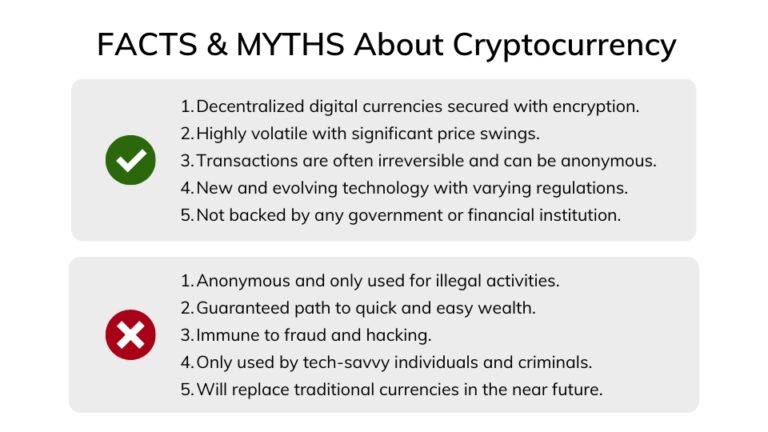
Given the exponential rise and popularity of Non-Fungible Tokens (NFTs), the need for reputable and secure platforms for NFT verification has surged. In this section, we’ll look into some of the most popular NFT verification platforms: BC GAME, Roobet, and Vave, providing you with an in-depth understanding of their features, advantages, and user experiences.
BC GAME, Roobet, and Vave have emerged as industry leaders in the realm of NFT verification due to their robust trust-and-security mechanisms, intuitive user interfaces, and diverse offering of NFTs.
Each of these platforms offers unique features and advantages. BC GAME is renowned for its robust security mechanisms, Roobet for its user-friendly interface and diverse selection of NFTs, and Vave for its innovative approach to NFT verification.
One of the most effective ways to judge a platform’s efficacy is by considering user experiences and reviews. Overall, BC GAME, Roobet, and Vave have received overwhelmingly positive responses from their users, showcasing the platforms’ impressive ability to deliver secure, efficient, and user-friendly NFT verification services.
BC GAME users often compliment the platform’s security measures and the variety of NFTs on offer. Roobet users adore the platform’s interface and its diverse selection of tokens. Finally, Vave users praise the platform for its innovative approach to NFT verification, transparency, and security.
However, as with any evolving tech services, these platforms have experienced criticism, mostly centered around customer service quality and the need for continuous updates to handle the rapidly growing NFT market.
Essential to note in this context are the regulations around NFT trading on these platforms. For more on how to navigate these nuances, check out our in-depth guide on Navigating NFT Regulations on Platforms like BC GAME, Roobet, and Vave.
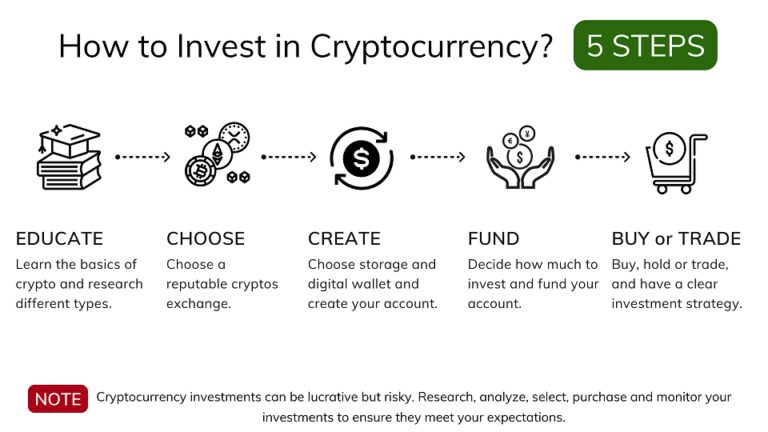
In the world of non-fungible tokens (NFTs), trust plays an exponentially significant role. Given these assets’ digital nature and the often-high value involved, having trust in the transaction process is not a luxury but a necessity. Trust is a foundational element that assures buyers and sellers about the authenticity of the assets and the security of the transaction.
Unlike traditional transactions, where physical examination of goods and services can confirm their genuineness, NFT transactions are entirely digital. Therefore, it’s virtually impossible for buyers to personally verify the uniqueness and originality of the tokens. This is where trust comes in:
The intrinsic attributes of blockchain technology play a vital role in establishing and enhancing trust in NFT transactions. Redistribution of the trust to the blockchain, in what is known as trust decentralization, is a significant disruptor in the realm of NFT transactions.
Despite the blockchain’s role in fostering trust, there have been instances where trust issues impacted NFT transactions. Notable examples include cases of counterfeit NFTs and theft of digital assets. In one case, an artist’s work was tokenized and sold without their permission, and the buyer ended up with a counterfeit NFT. In another case, a significant digital art heist on the NFT marketplace resulted in the theft of crypto-art worth millions.
These instances underscore the critical role of trust in NFT transactions. They also highlight the need for more robust authentication and verification systems to address the trust challenges in the expanding world of NFTs.
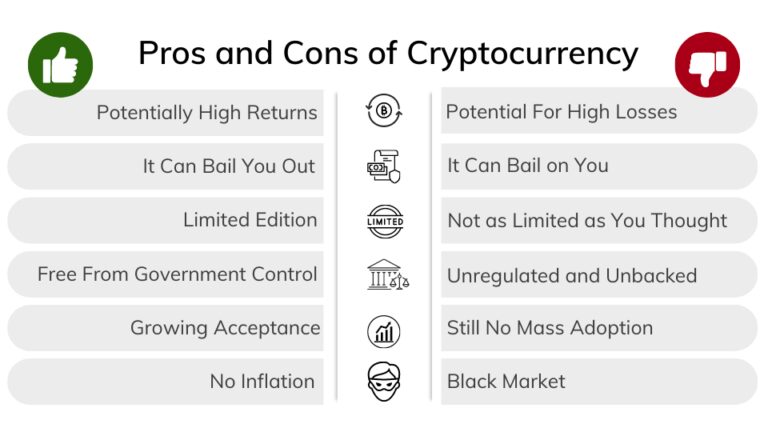
In the world of Non-Fungible Tokens (NFTs) and blockchain technology, trust plays a crucial role. From the artists creating unique digital assets to the investors purchasing them, everyone involved depends heavily on system integrity. While the process can seem abstract, referring to real-life cases can simplify the understanding of NFT verification’s underlying principles. Let’s take a dive into three intriguing case studies on NFT verification.
MyStake is an Australian start-up that leveraged blockchain technology to create an equity crowdfunding platform where companies can digitize their share registers and issue tokens via blockchain. The successful implementation of NFTs on their platform demonstrates the practical applications of NFT verification.
In this case, NFT verification played a crucial role in supporting trust and transparency within the platform, contributing to its success.
22bet is a well-known online betting site that also dabbles in NFTs. However, it encountered trust issues after allegations of token duplication arose. This situation presented a clear demonstration of the importance of rigorous NFT verification.
Through intense scrutiny and a comprehensive verification process, 22bet managed to resolve the trust issues, restoring confidence in their NFT marketplace.
Rolletto, a platform specializing in online gaming as well as NFTs, offers another interesting case on NFT verification. Their efforts further underscore the importance of rigorous NFT verification in maintaining trust and authenticity in this booming digital space.
These case studies demonstrate that trust in NFT transactions is ultimately built on a robust verification process. Whether it’s creating a unique token, solving trust issues, or maintaining the legitimacy of NFTs on a platform, NFT verification remains a cornerstone of trust in the blockchain space. It is a process that every NFT creator, trader, and investor must appreciate on the path of navigating the exciting world of non-fungible tokens.

